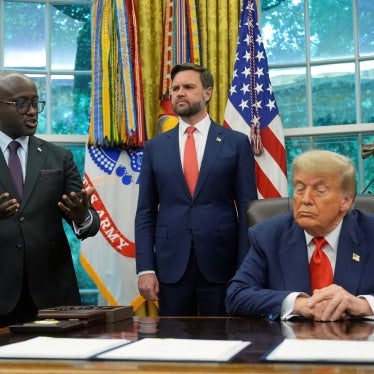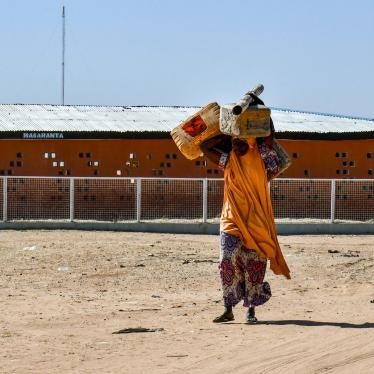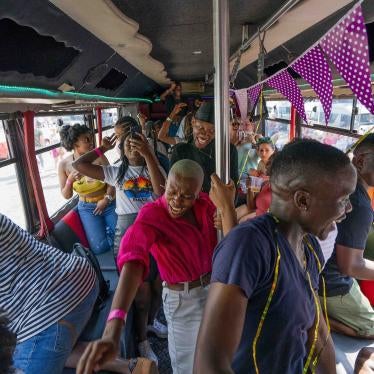Sudan is set to receive not just one, but three visits from international human rights experts this month: the United Nations special rapporteur on violence against women and the independent expert on Sudan, as well as the African Commission on Human and People’s Rights. But will government authorities allow these experts to carry out their mandates, or will it take steps to undermine them as soon as they arrive, as it has done in the past?
It’s hard not to be skeptical. Sudan has a long history of refusing to cooperate with international bodies on human rights. For many years it has refused to allow the UN to establish a stand-alone human rights office in the country, and just a few months ago, it shut down the UN/African Union (AU) human rights office in Khartoum, expelled key UN staff, and began a campaign to terminate the mandate of the UN/AU mission in Darfur altogether as violence and abuses there surged. It has long blocked peacekeepers from moving freely, and has steadfastly refused to cooperate with the International Criminal Court on cases pending against President Omar al-Bashir and others for atrocities in Darfur.
If it is serious about these visits, Sudan should allow them to do their jobs. The special rapporteur on violence against women in particular should be allowed free movement into and around the town of Tabit, in northern Darfur, where Human Rights Watch documented how government soldiers raped more than 200 women in late October and early November, and authorities prevented credible investigations by the AU/UN peacekeepers. In Jebel Mara, the heartland of Darfur, and in Blue Nile, Human Rights Watch also gathered credible evidence of government forces raping and abusing women and girls living under their control.
The experts should be free to visit any of the conflict zones – Darfur, Southern Kordofan and Blue Nile – where government forces are indiscriminately bombing and attacking civilians. They should have unfettered access to the vast network of detention sites under the authority of the National Intelligence and Security Service (NISS), which detains people because of their perceived political affiliations, without charge, and subjects them to torture and abuse. And they should be allowed to meet freely with lawyers, women’s groups, and Darfuri students facing political violence on university campuses.
Allowing experts to visit is a step in the right direction, but only meaningful if they can actually carry out their mandates and if the government implements their recommendations. To do otherwise turns the government’s human rights commitments, yet again, into “kalam fadi” as Sudanese say, or empty words.








